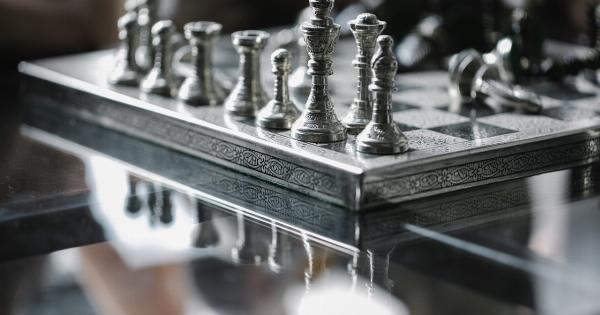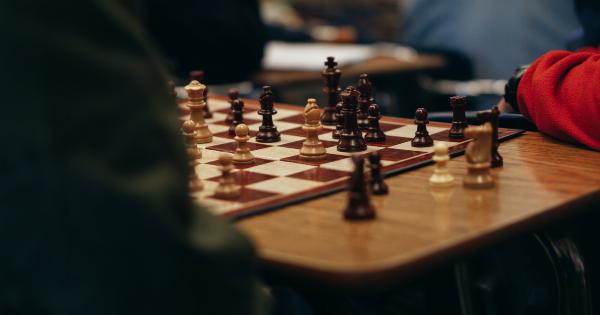Have you ever had a feeling that something was about to happen, without any rational explanation? Maybe you’ve had a gut instinct to avoid a certain situation, or you just knew that a specific person would come into your life.
These sudden and unexplainable feelings are what we call a ‘hunch’. But is it possible that these hunches are more than just irrational feelings?.
What is a hunch?
A hunch is an intuitive feeling or suspicion, often based on a little evidence or experiential knowledge. It’s a gut feeling that something is going to happen or a sense that something just isn’t right.
Most people experience hunches at some point in their lives, whether it’s about a situation, a person, or even a decision they need to make.
Can hunches be explained?
There’s no doubt that a hunch can feel very real, but can it be explained? Scientists have been trying to make sense of intuitive feelings and gut instincts for decades.
Some believe that hunches are nothing more than unconscious mental processes that happen so quickly that we’re not even aware of them.
The science behind hunches
Recent research has found that hunches may be linked to the amygdala, a part of the brain that’s responsible for emotional processing. Studies have also shown that the gut may play a role in intuitive decision making.
The gut is home to millions of neurons that are connected to the brain, forming a complex system known as the enteric nervous system.
Intuition and decision-making
When it comes to making decisions, intuition can play a powerful role. Research has found that expert intuition can be more accurate than analytical thinking when it comes to certain decision-making abilities.
Intuition can help us make snap judgments based on our past experience and knowledge without having to consciously process all the information we have at our disposal.
How can we develop our intuition?
Developing our intuition requires practice. It can be as simple as paying attention to our gut feelings more often or taking a few minutes each day to meditate and reflect. We can also seek out experiences that require us to rely on our intuition.
By doing this, we can strengthen our intuitive muscles and learn to trust ourselves more.
The downfalls of relying on hunches
While hunches can be helpful, they can also be misleading. Relying solely on gut instinct to make important decisions can lead to poor outcomes. It’s essential to balance intuitive feelings with rational analysis to make the best decisions.
Conclusion
A hunch may seem like an irrational feeling, but recent scientific research has found evidence that supports the existence of intuitive decision-making.
Developing our intuition requires practice, but it can be a powerful tool to help us make accurate decisions. It’s crucial to balance our intuition with rational thinking to achieve the best outcomes.






























